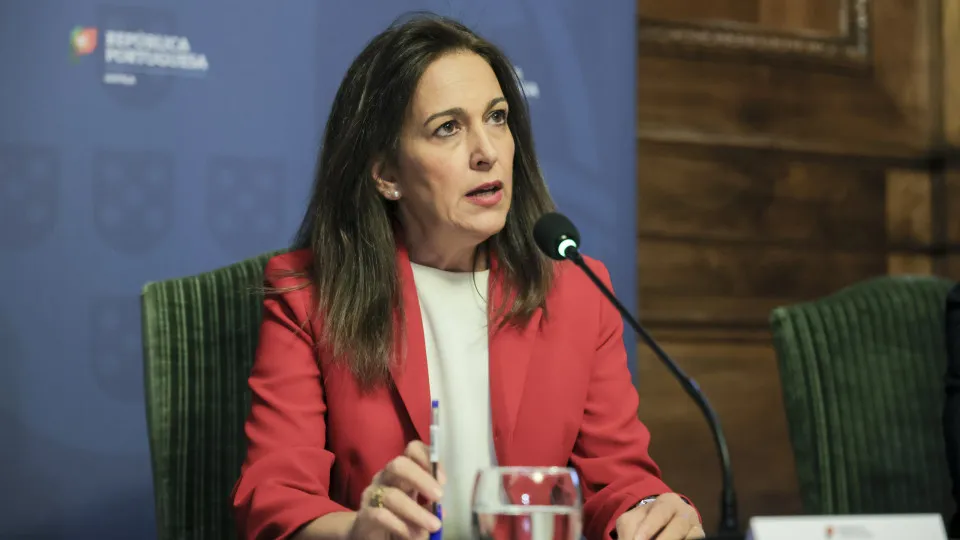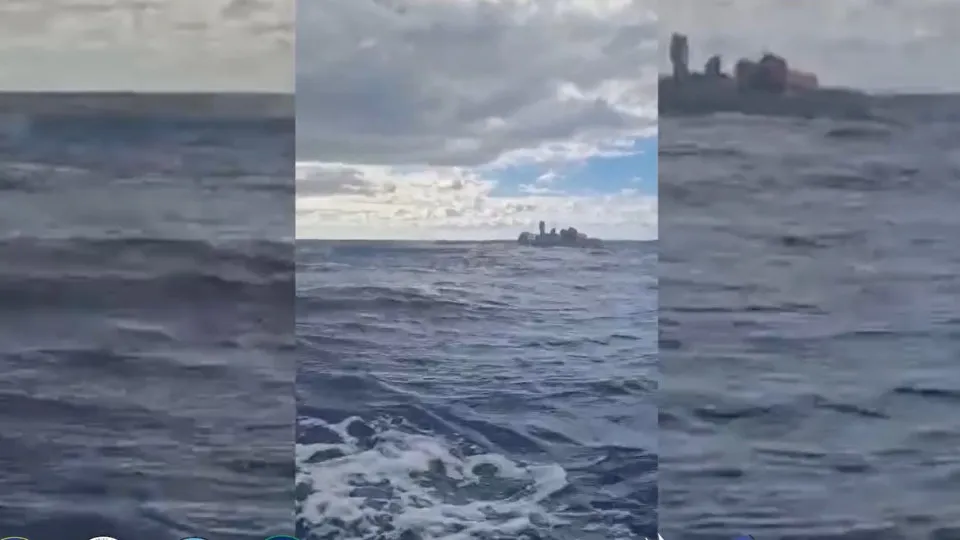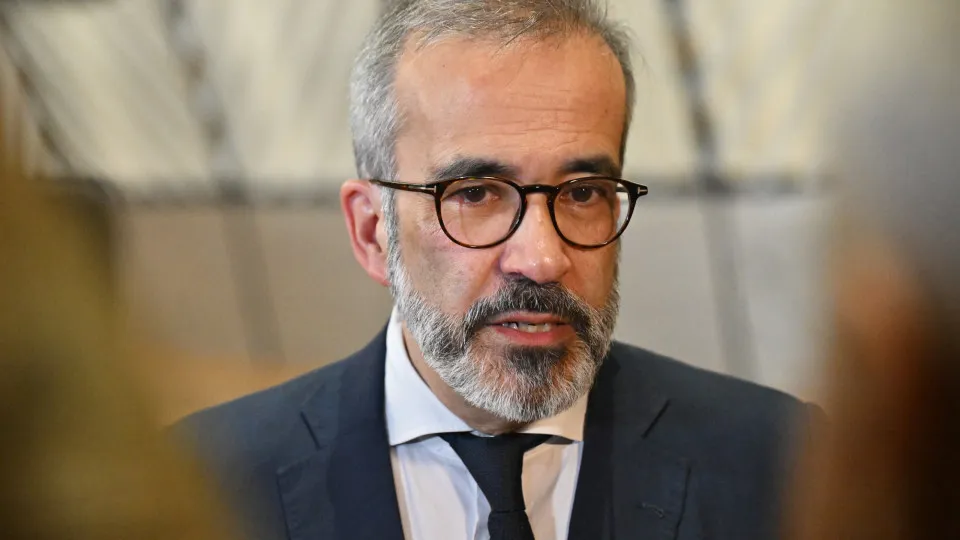The executive spoke during the roundtable “Sustainability and the Digital Future” at the conference titled “Media and Digital Future: 20 Years of Regulation,” held today at the Museu Oriente in Lisbon.
“Partnerships are important, we have partnerships,” stated the CEO of the owner of SIC and Expresso.
“We have important partners; for example, in the Expresso area, we have a bundle with the New York Times, and in the audiovisual production area, we have partnerships with Amazon, more recently with Disney Plus,” he listed.
Francisco Pedro Balsemão also noted that the group has national partners and is part of associations like PMP.
“We have always believed in partnerships,” he underscored.
Addressing those present at the roundtable, referencing the media groups participating, he said, “it’s because they have always anticipated what are the trends, the best trends in consumption habits over the years or many decades,” recalling that the group was the first to launch the first private television in Portugal, among other achievements.
A strong inclination toward monetizing content through advertising will continue to exist, he considered.
When asked about the future of print, Francisco Pedro Balsemão stated: “In our opinion, (…) as long as there is someone for whom it makes business sense to print and distribute on paper, and as long as there is someone who wants to read it, we will continue to print paper.”
The executive also pointed out issues related to paper, such as distribution and printing monopolies, which pose challenges, “but paper will be important as an integral part of the diet, let’s say, of people who like to read news.”
“If it’s digital, it’s digital; if it’s audio, it’s audio; if it’s paper, it’s paper, but it has to make sense in business terms,” he mentioned.
In preparing his intervention, Francisco Pedro Balsemão retrieved statements from his father, Francisco Pinto Balsemão, who passed away in October, concerning the topic during an ERC conference in October 2007 and another in 2008.
“The old style of regulation is no longer suitable for regulating an indeterminate number of service providers, professional and amateur producers of linear and non-linear content, on-demand, on social networks, in blogs, etc.,” read Francisco Pedro Balsemão, citing his father’s 2008 intervention.
“And once again I tell you that it cannot be the traditional media that pay the bill, just because it is easier to legislate on or against them, and to grant consequent intervention powers to regulators,” the executive added, exemplifying that even then, Francisco Pinto Balsemão looked with concern at the subject, which is very current.
“The preservation of brands is fundamental for the future of media, but it does not align with backward-looking visions of States, regulators, the European Commission, and the European Parliament, which continue focused on restrictions to advertising in traditional media, while in the real world, the changing world, search engines and similar entities appropriate advertisers, infringe copyright laws, and hinder the strengthening of credible and established brands,” said the founder of Impresa in 2008, cited by his son.
In the conference’s closure, ERC’s Regulatory Council President, Helena Sousa, announced the approval of the Mário Mesquita award, which will distinguish academic research works.
“The creation of this award fits into one of the strategic objectives of our mandate — the approximation between ERC and centers of knowledge. It is an honor to do so, with inspiration from our colleague and professor Mário Mesquita […], who remains a cardinal point for media regulation,” she stated.




